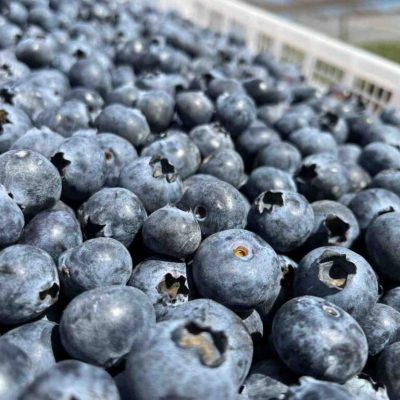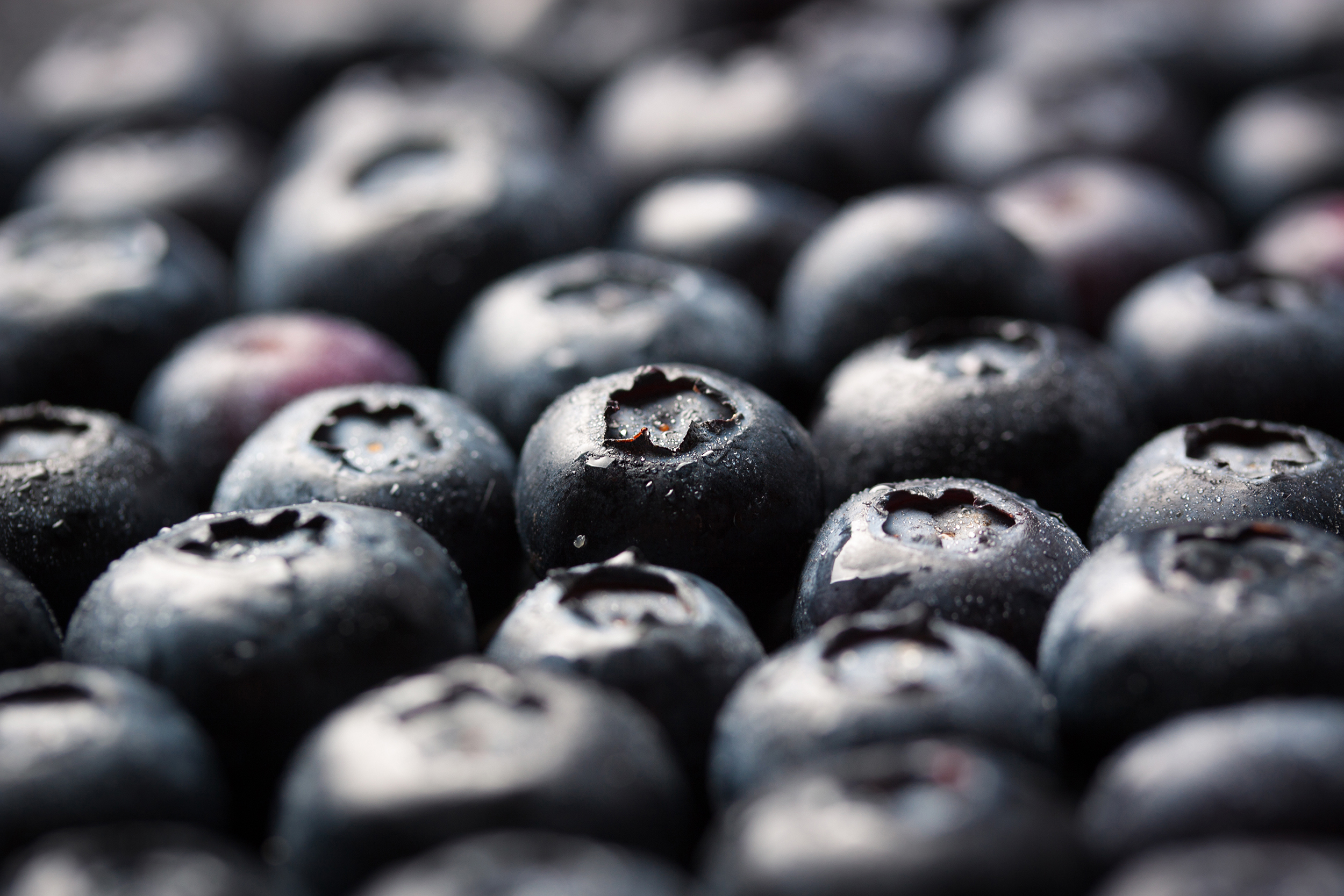Oregon: Blueberry growers go extra mile for South Korea customers
As flower petals begin to fall from Oregon blueberries, scouts are moving into fields slated to produce fresh fruit for South Korea.The crops will be closely monitored until they’re ripe to prevent the introduction of several pests to the newly opened Asian market.
The 15 growers and five packers who chose to ship their fresh blueberries to South Korea from Oregon must also comply with stringent recordkeeping standards.
Once it crosses the Pacific, the crop will face a 35 percent tariff aimed at preserving the market for Korean competitors.
The vagaries of exporting fresh blueberries to South Korea will eat into profits, but some Oregon blueberry producers are betting the expense will pay off.
“It’s hard to make money doing this. It has not been a big money maker for us, but it’s an investment toward making money down the road,” said Mark Hurst, owner of HBF International, a farming and packing company based in McMinnville, Ore.
Oregon became the first state in the nation to ship fresh blueberries to South Korea in 2012, after food safety officials approved the exports the prior year.
Frozen blueberries had already been permitted as they don’t pose the same pest risks.
Packers and farmers sent roughly 800,000 pounds of fresh blueberries to South Korea in 2013, up from about 500,000 pounds in 2012, said Bryan Ostlund, administrator of the Oregon Blueberry Commission.
This year, the amount is expected to top 1 million pounds, he said. Meanwhile, the tariff has dropped from 45 percent to 35 percent and will eventually be zeroed out.
At this point, the blueberry industry is trying to establish a foothold in the country, said Ostlund. “You just grin and bear it and do your best to create that market share.”
It’s important for U.S. blueberry producers to find new markets as new plantings mature and production rises, said Hurst.
Tariffs are currently limiting sales but growers and packers must nonetheless absorb the fixed costs of monitoring and recordkeeping, he said.
“As tariffs go down, the volume we send will increase,” Hurst said.
The phytosanitary requirements can be punishing.
Insect lures must be replaced every 30 days and traps must be checked every week or the fields will be disqualified from producing fruit for South Korea.
“A minor error can carry a large cost,” said Tom Peerbolt, who runs Peerbolt Crop Management and helps farmers meet the standards.
The monitoring protocols must be planned carefully, he said.
For example, conflicts could arise if field scouts must check traps but they’re prohibited from entering fields due to recent pesticide sprays.
“Last thing you want to do is get everything prepared and have it rejected at the other end,” Peerbolt said.
Growers and packers are optimistic about the South Korean market, where frozen blueberries are already popular and the crop is used in products like cosmetics and pet food, said Ostlund.
There’s also the possibility that phytosanitary protocols will become more flexible over time, he said.
“The longer it goes on, hopefully the more streamlined it becomes,” said Peerbolt. “You’ve got to establish a trust relationship before these things can come down.”
Capital Press






